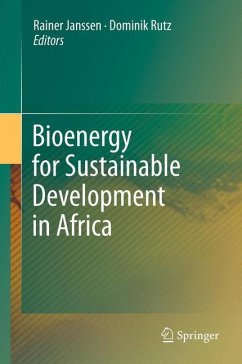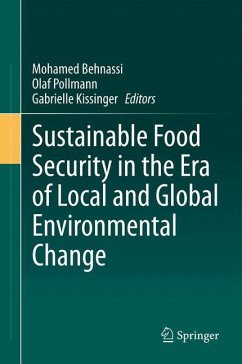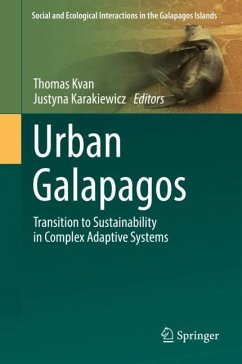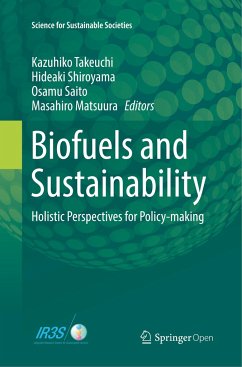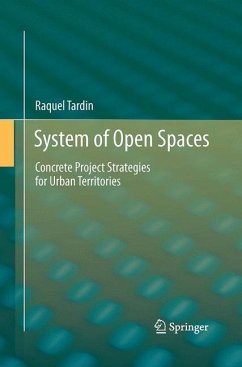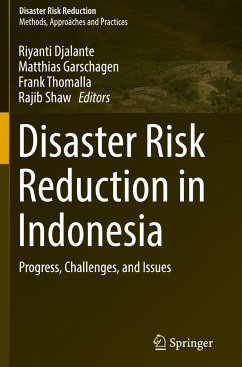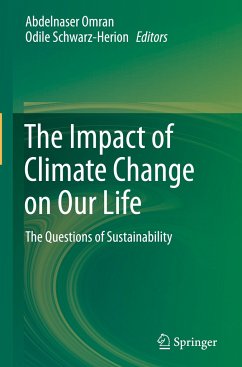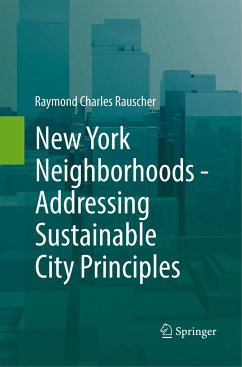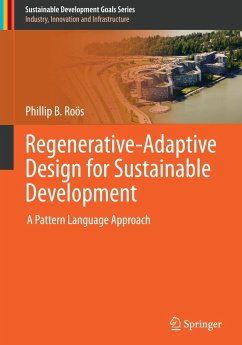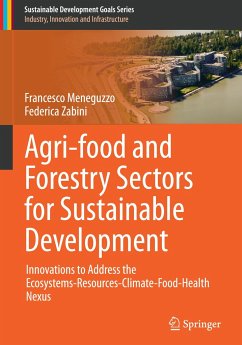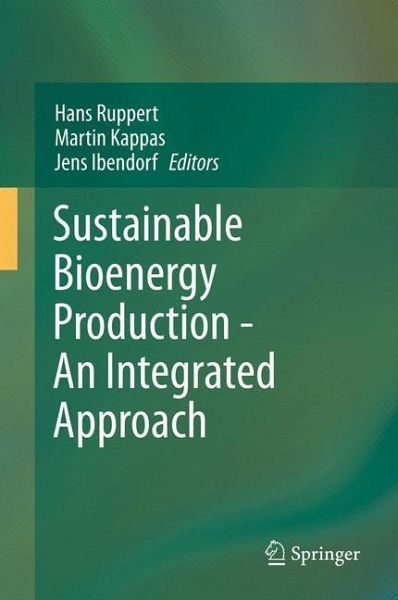
Sustainable Bioenergy Production - An Integrated Approach

PAYBACK Punkte
57 °P sammeln!
This book focuses primarily on the advantages and implications of sustainable bioenergy production in terms of ensuring a more sustainable world despite its growing energy demands. It addresses a new concept that focuses on the interactions between different uses of agricultural land (for example, agriculture for food, forage or energy and nature conservation) and their ecological, economic and societal impacts. This research concept provides new insights into the competition for resources and the synergies between different land uses. This book seeks to improve people's understanding of bioen...
This book focuses primarily on the advantages and implications of sustainable bioenergy production in terms of ensuring a more sustainable world despite its growing energy demands. It addresses a new concept that focuses on the interactions between different uses of agricultural land (for example, agriculture for food, forage or energy and nature conservation) and their ecological, economic and societal impacts. This research concept provides new insights into the competition for resources and the synergies between different land uses. This book seeks to improve people's understanding of bioenergy's potentials for the future. It will be of interest not only to those involved in sustainable energy, but also to environmental planners, agriculture and soil specialists, and environmental policy-makers.





